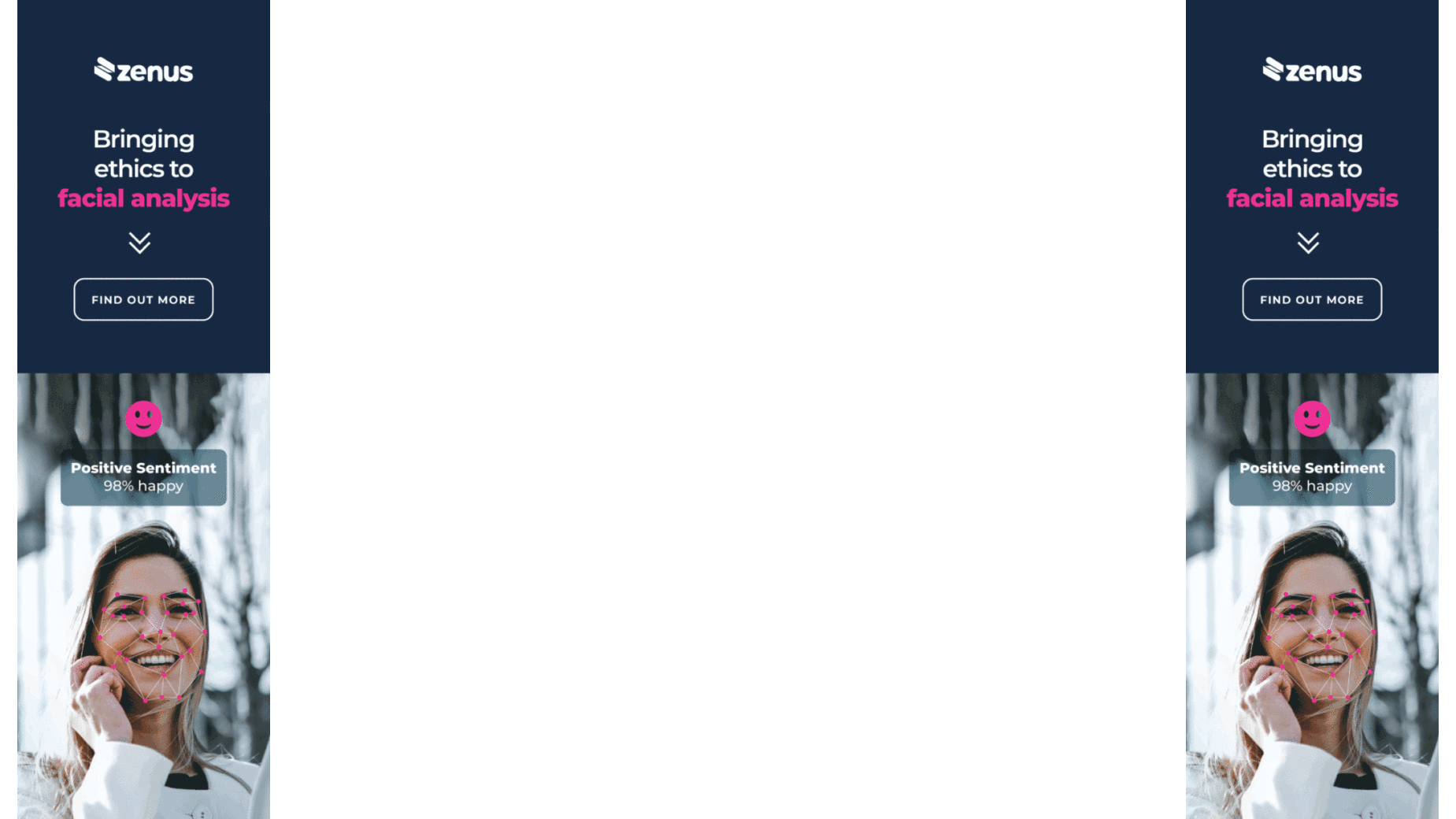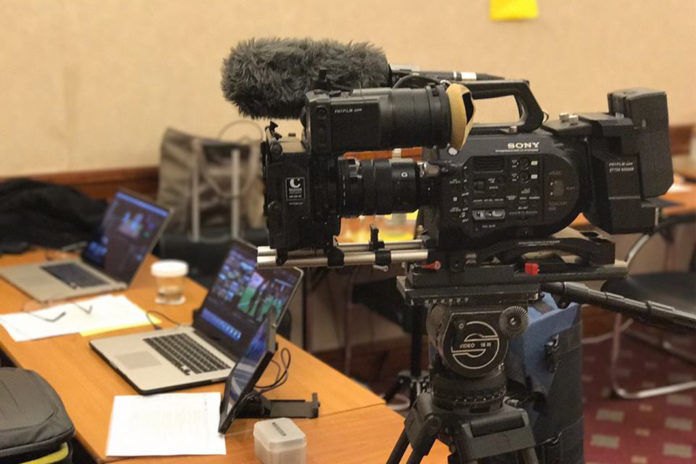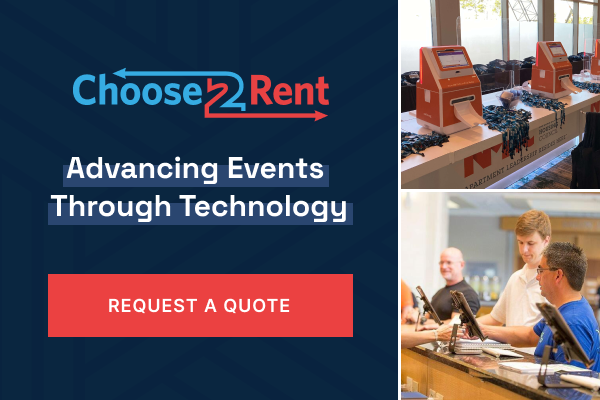By Neil Coombes, senior account manager, UKSV
Video content is used across all live events nowadays and is a feature UKSV utilise in almost all of our ceremonies, conferences and events. We create video for a range of uses, but it is especially successful at influencing attendees and getting the message of a live event across to the audience.
Before even starting to produce video for an event, you should consider who the attendees are, what the message of the event is, and the format of the event. Each of these factors will require detailed thought into the look, feel and message of the video to have any impact or influence on the attendees.
Video can be used from the get-go to influence attendees at a live event, starting with an intro sequence. As soon as we want attendees to take their seats, we start the sequence. This video should firstly capture the attention of the audience to get them engaged with the content to follow. This can be done in a number of ways. We will use dynamic features, such as transitioning titles, which grab the audience’s attention more than a static feature would. Dramatic and loud audio is another way to immediately draw the audience’s attention to the stage and quieten the room.
Once you have silenced the audience and all focus is on the screen, your intro sequence should then highlight the focus and message of the event. For example, if you are holding an award ceremony, your video should cover what the award ceremony is for, the categories up for grabs and all the exciting things attendees can expect from the event.
Leading on from this engaging start, you should consider using video content throughout the rest of your live event. Events can lose their impact if there is no variation in the content. Using video is a great way to break up an event, providing an alternative source of information to a PowerPoint or talk, and ensures attendees are engaged with the other elements of the event that follow the video.
You can also use video content to highlight the core messages of the event to the attendees. This is vital for ensuring that attendees retain and absorb the key messages from the event, especially if there are many key takeaways.
Whatever the video is portraying, it should engage with the audience on an emotional, humorous or personal level. We always try to avoid using ‘talking head’ videos, as there are lots of better, dynamic and engaging alternatives to this style of video – even just using different camera angles is a better alternative.
It is also important to ensure your video is truly exciting and not generic. However, it is also important to note that the video should not be too dividing or controversial and should appeal to all of the attendees’ interests. For example, if you were creating a video for a sales conference, do not draw comparisons to Liverpool beating Tottenham Hotspur in the Champions League final if the event is in London, as this is likely to upset the audience!
It’s also important to consider whether you require live action video or animation. Video is often a cheaper and quicker form of video and works best for influencing and engaging with attendees on a personal level. However, using animated videos gives you more freedom to create something that is extra eye-catching, with the use of bold colours and abstract features – grabbing attendees’ attention immediately.
Aside from all of the flashy and exciting things you can do with a video to engage the audience, it will have no influence if you don’t know who the audience actually are. Once you understand their interests, likes and passions, you can then start producing your video content which will effectively connect with the attendees and influence them.
UKSV is a creative communications company based in Ringwood, Hampshire, bringing ideas and messages to life across live events, digital and brand management and development.










